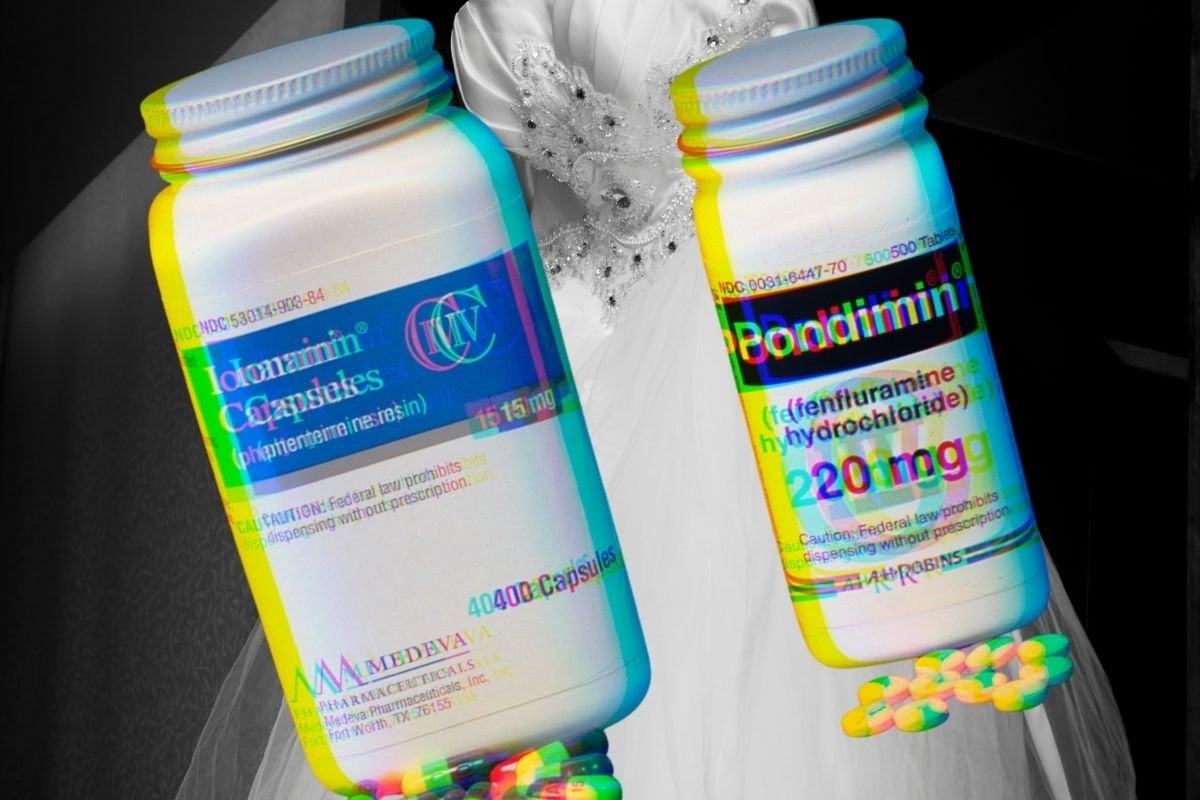
Though deep in planning her 1996 wedding, Mary Linnen held off on one crucial detail: the dress.
The 29-year-old wanted to lose some weight first — nine kilograms, or so.
Her doctor had prescribed her 'fen-phen', a popular combination of the diet drugs fenfluramine and phentermine.
These medications were approved and prescribed separately in the US in the 1980s, but in 1992 a University of Rochester report indicated they were more effective and had fewer side effects when taken together. Despite the combination not being formally approved, doctors prescribed the hyped, fat-melting, 'miracle' cocktail to millions of people in the 1990s.
For Mary, it proved fatal.
Watch: Lindy West on the recent evolution in the way society views fat people.
After just 23 days taking fen-phen, the Massachusetts woman became ill with what was ultimately diagnosed as primary pulmonary hypertension — a condition that makes it difficult for the heart to pump blood through the lungs.
Though she stopped the medication, her symptoms escalated. She died in February 1997, gasping for breath.
"Instead of walking down the aisle before a bride," her mother told AP at the time, "I walked behind a casket."
Later that year, a Mayo Clinic report linked fen-phen to 24 cases of heart-valve damage, of which PPH can be a consequence. Dozens more cases were subsequently reported America's drug regulator, and fenfluramine (the 'fen' part) was removed from the market.


Top Comments